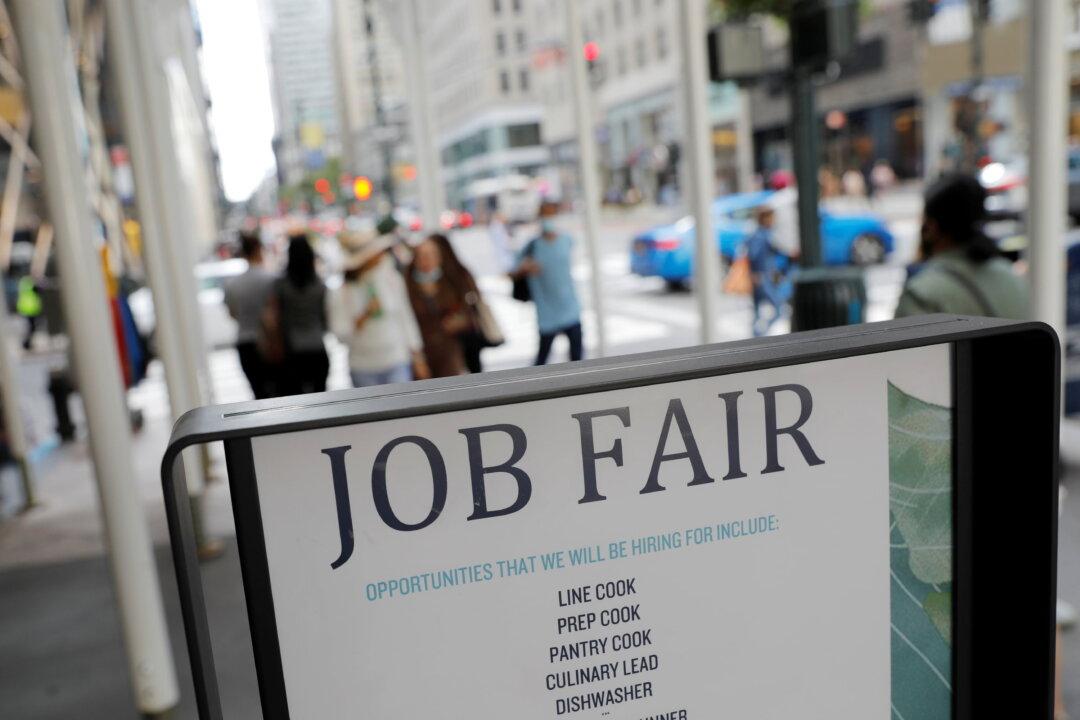Positive jobs reports can be bad news for the market.
The latest strong jobs report, for example, revived Wall Street fears of continued inflation and a more aggressive Federal Reserve as markets were volatile on the news.
Stocks opened lower following the jobs report from the U.S. Bureau of Labor Statistics, with a brief rally by late morning, which was lost by early afternoon.
The U.S. jobs market exceeded expectations, adding more 517,000 jobs in January, with the unemployment rate falling to 3.4 percent, the lowest since May 1969, according to data from the report.




